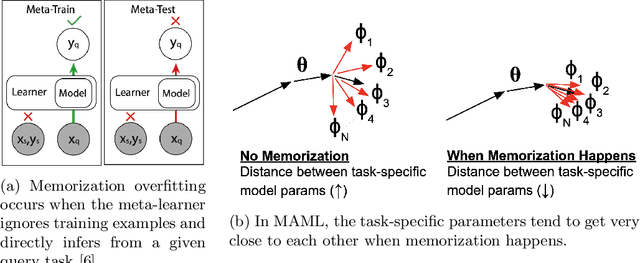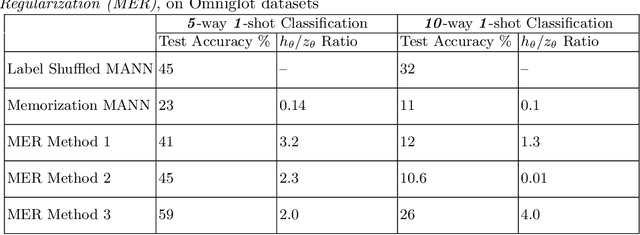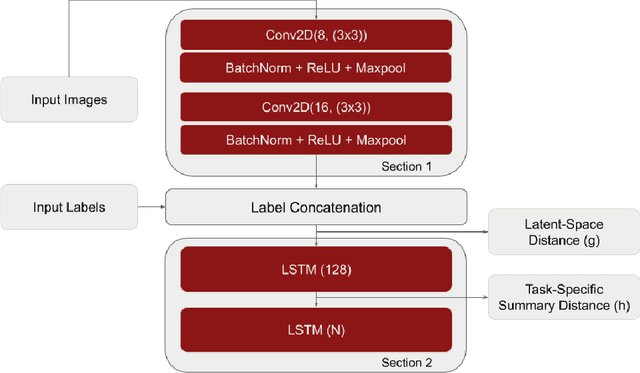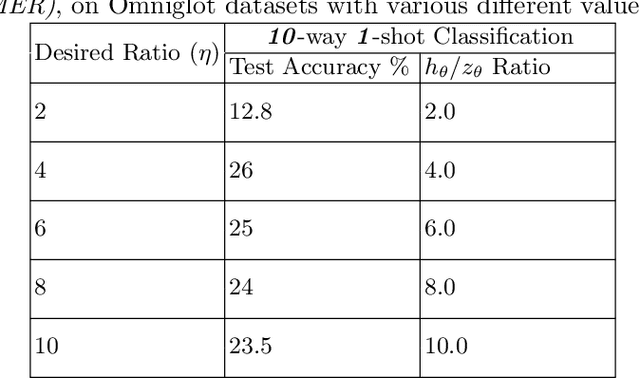Edwin Pan
MetaHDR: Model-Agnostic Meta-Learning for HDR Image Reconstruction
Mar 20, 2021



Abstract:Capturing scenes with a high dynamic range is crucial to reproducing images that appear similar to those seen by the human visual system. Despite progress in developing data-driven deep learning approaches for converting low dynamic range images to high dynamic range images, existing approaches are limited by the assumption that all conversions are governed by the same nonlinear mapping. To address this problem, we propose "Model-Agnostic Meta-Learning for HDR Image Reconstruction" (MetaHDR), which applies meta-learning to the LDR-to-HDR conversion problem using existing HDR datasets. Our key novelty is the reinterpretation of LDR-to-HDR conversion scenes as independently sampled tasks from a common LDR-to-HDR conversion task distribution. Naturally, we use a meta-learning framework that learns a set of meta-parameters which capture the common structure consistent across all LDR-to-HDR conversion tasks. Finally, we perform experimentation with MetaHDR to demonstrate its capacity to tackle challenging LDR-to-HDR image conversions. Code and pretrained models are available at https://github.com/edwin-pan/MetaHDR.
Meta-Regularization by Enforcing Mutual-Exclusiveness
Jan 24, 2021



Abstract:Meta-learning models have two objectives. First, they need to be able to make predictions over a range of task distributions while utilizing only a small amount of training data. Second, they also need to adapt to new novel unseen tasks at meta-test time again by using only a small amount of training data from that task. It is the second objective where meta-learning models fail for non-mutually exclusive tasks due to task overfitting. Given that guaranteeing mutually exclusive tasks is often difficult, there is a significant need for regularization methods that can help reduce the impact of task-memorization in meta-learning. For example, in the case of N-way, K-shot classification problems, tasks becomes non-mutually exclusive when the labels associated with each task is fixed. Under this design, the model will simply memorize the class labels of all the training tasks, and thus will fail to recognize a new task (class) at meta-test time. A direct observable consequence of this memorization is that the meta-learning model simply ignores the task-specific training data in favor of directly classifying based on the test-data input. In our work, we propose a regularization technique for meta-learning models that gives the model designer more control over the information flow during meta-training. Our method consists of a regularization function that is constructed by maximizing the distance between task-summary statistics, in the case of black-box models and task specific network parameters in the case of optimization based models during meta-training. Our proposed regularization function shows an accuracy boost of $\sim$ $36\%$ on the Omniglot dataset for 5-way, 1-shot classification using black-box method and for 20-way, 1-shot classification problem using optimization-based method.
 Add to Chrome
Add to Chrome Add to Firefox
Add to Firefox Add to Edge
Add to Edge